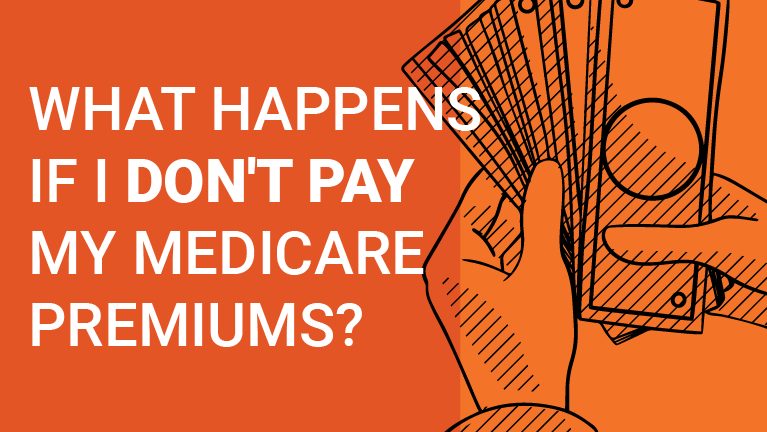Beneficiaries who do not pay their Medicare premiums will receive additional bills or notices to pay the outstanding balance by a given date. If they do not pay, the plan will terminate coverage and they will have to sign up for their plans during the next enrollment period.
Paying Your Medicare Bill
Medicare Part B, Medicare Advantage and Medicare Part D charge premiums for your coverage. The processes for failing to pay your premiums are similar for the different parts.
You have until the 25th of the month after you receive the initial bill for your Part B premiums to pay Medicare. If you do not pay your Part B premiums, Medicare will send you a second bill. Payment for that second bill will be due the 25th of the next month. If you do not pay the second bill, Medicare will send you a delinquency notice. You need to pay the full amount by the 25th of the third month or Medicare will terminate your coverage. Once you receive that termination notice, you have 30 days to pay the full overdue amount or your coverage will be discontinued. Failing that, you will have to wait until the next General Enrollment in January to enroll in Medicare again.
Your Medicare Advantage plan or Medicare Part D plan may have different policies, but all are required to have at least a two-month grace period before terminating your coverage. Typically, your plan will send you a non-payment notice if you do not pay your Medicare premiums. That notice will tell you when you need to make your payments. You will be disenrolled if you fail to pay, but your plan may allow you to contact the plan administrator to explain your financial difficulty. To sign up for a Medicare plan again, you will need to enroll during the Annual Enrollment Period in the fall, and your plan can require you to pay the overdue amount before your coverage begins.
Getting Back On Your Medicare Plan
There might be any number of reasons why you were unable to pay your Medicare premiums on time. Medicare has a “Good Cause” policy that helps you get back into your plan’s good graces if you had a valid reason to not make your payments. Once you are accepted to the plan again, you need to pay the outstanding balance within three months of when your coverage was terminated.
People who lose their Medicare Advantage coverage are not kicked out of Medicare; instead, they are returned to Original Medicare coverage, Part A and Part B. That may mean losing drug coverage if you had a Medicare Advantage Prescription Drug plan. You can sign up for both Medicare Advantage and Medicare Part D during the Annual Enrollment Period.
Paying Your Medicare Premiums
If you receive benefits from Social Security, you can make things easier by paying your Medicare premiums directly out of your benefits. Making timely payments can also be made effortless by setting up automatic payments if you do not receive benefits from Social Security.


